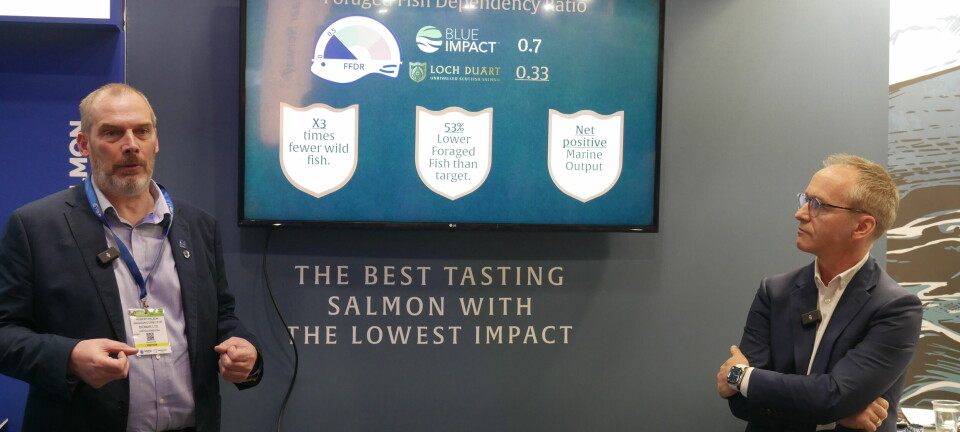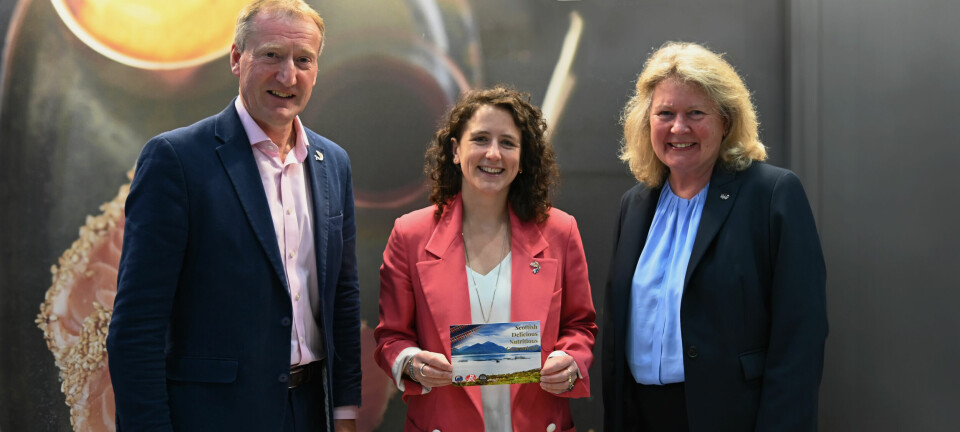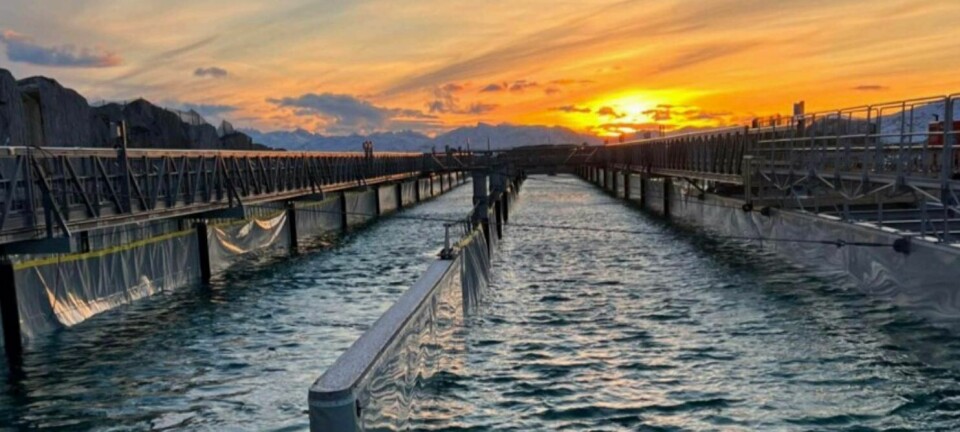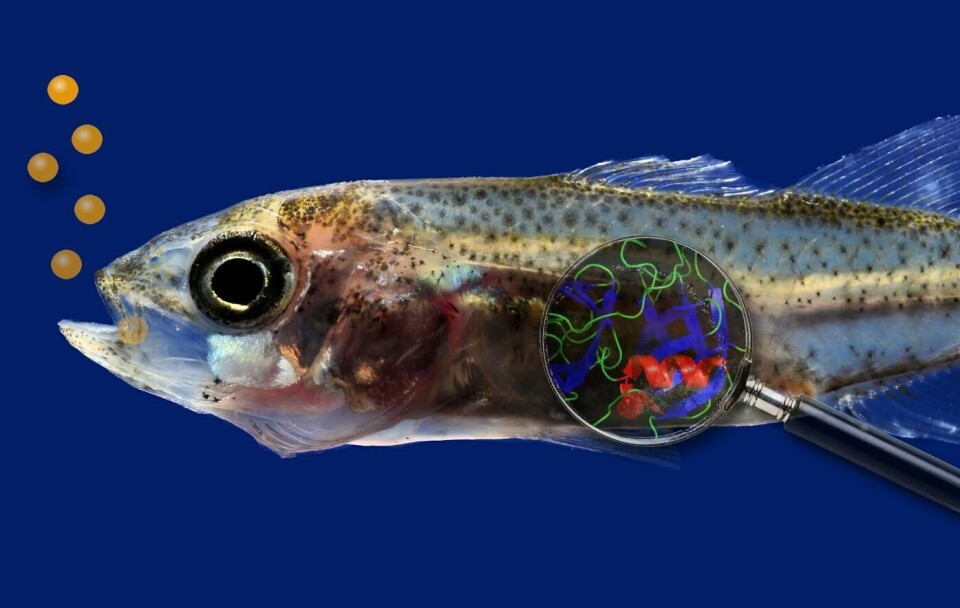
Aqua-Spark adds two more firms to portfolio
Netherlands-based aquaculture investment fund Aqua-Spark has announced two new investments, taking the number of firms it has a stake in to 16.
The two latest beneficiaries of capital from the fund are BioFishency, an Israel-based innovator in water treatment systems for use in land-based aquaculture, and Molofeed, a Norway-based company with a new feed formula that can replace live feed earlier in the larval rearing cycle than other products on the market. Terms of the investment were not disclosed.
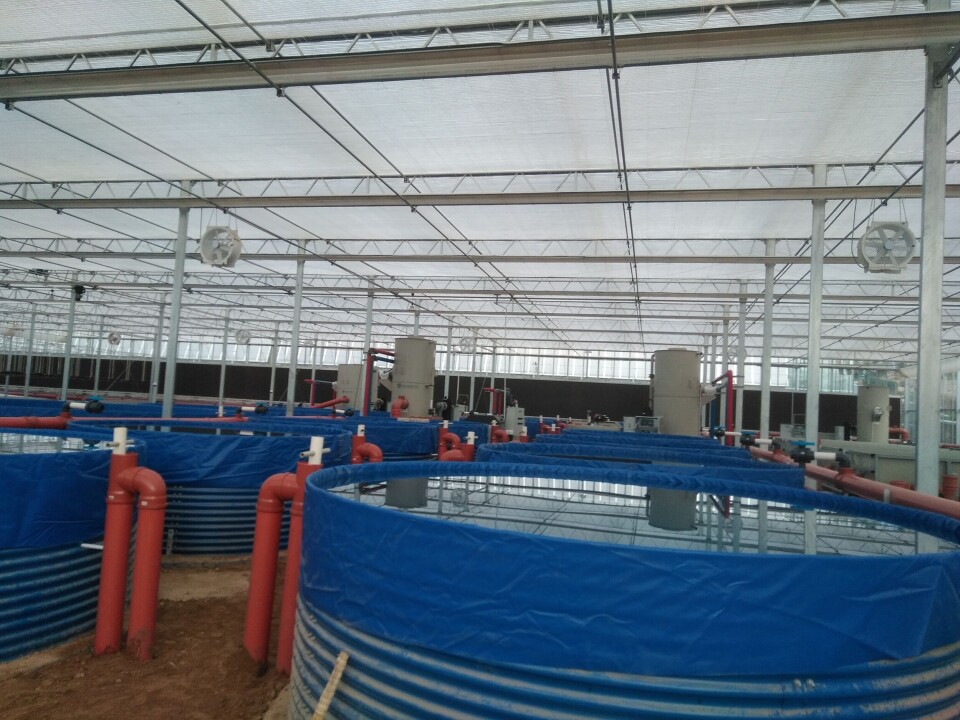
Primary investor
Aqua-Spark is a primary investor in BioFishency’s latest round of funding, which raised $2.4 million in total. BioFishency will use the additional funds to support its innovative R&D strategy and expansion in China.
Aqua-Spark’s investment in Molofeed will be put towards marketing and increasing production capacity.
Mike Velings and Amy Novogratz, co-founders of Aqua-Spark, said: “These two companies exemplify what we set out to do with Aqua-Spark. While in different parts of the value chain, through advanced technology and innovative thinking, they’re each moving the needle for a more sustainable future for aquaculture.”
Five-fold yield increase
In a press release, Aqua-Spark said BioFishency is developing water treatment systems with high-end technological capabilities that are cost-effective and easy-to-use in land-based aquaculture. Its Single Pass BioFilters (SPB) are available in various capacities via plug-and-play technology and can manage turn-key projects. BioFishency’s systems have already dramatically increased farmers’ productivity, including a 95% reduction in water use for intensive tanks, a two-fold to five-fold increase in yields for large ponds, and a doubling of nitrification.
The company’s systems operate effectively in countries including Israel, Congo, Bangladesh, India, Indonesia, and China. There is strong interest in units in Nigeria and Vietnam (for the shrimp market). With over $1.3 million in sales for 2018, BioFishency has more than doubled its total 2017 revenues.
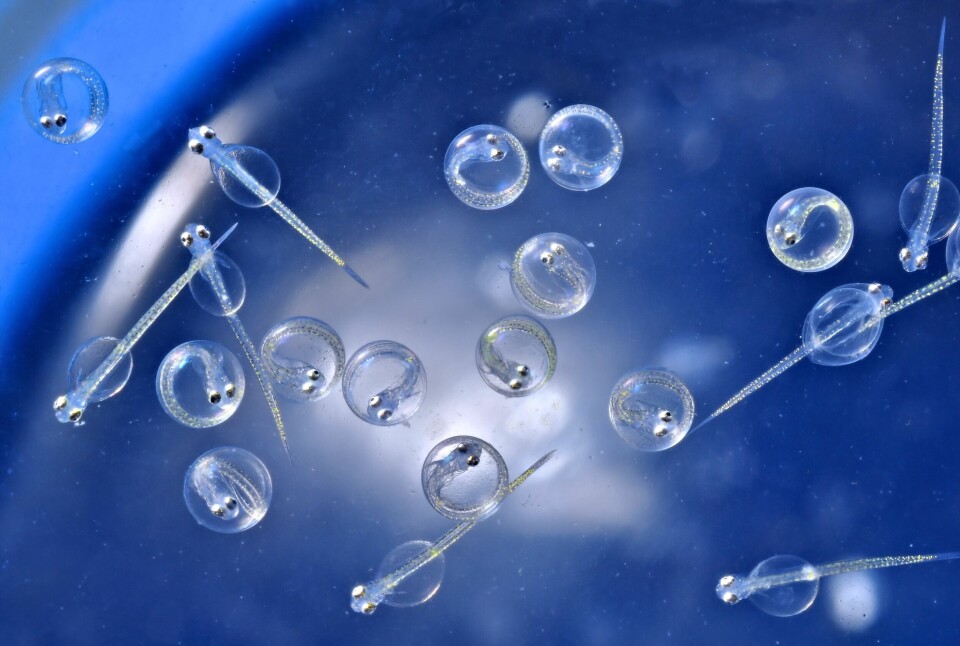
Larval feed
Molofeed has developed a high-quality larval feed for marine finfish and shrimp based on proprietary micro-encapsulation technology that makes it possible to include pre-digested and other water-soluble components in a capsule, and release nutrients slowly after feeding. The technology has additional potential applications, including acting as a delivery system for bioactive peptides, immunostimulants, and probiotics.
Because of their size and digestive capabilities, young fish require highly specific feeds - commonly sourced from live prey, such as artemia and rotifers, which are costly, carry disease-risk, and have a significant environmental footprint.
Early weaning
Molofeed is able to substitute more live feed than current products, with a vision of one day replacing live feeds altogether. The current product’s particle sizes and nutritional composition allows for early weaning, leading to a replacement rate of up to 50%.
Ingmar Høgøy, founder of Molofeed, said: “We share the same vision as Aqua-Spark - a more sustainable aquaculture industry that’s capable of meeting our global food production needs.”
Aqua-Spark makes initial investments of €250,000 to €5 million in small-to-medium sized sustainable aquaculture businesses around the world. It prefers to be a minority investor, holding between 20% and 49% of equity.
